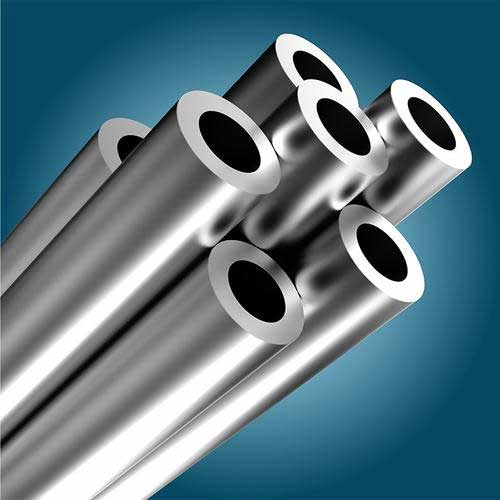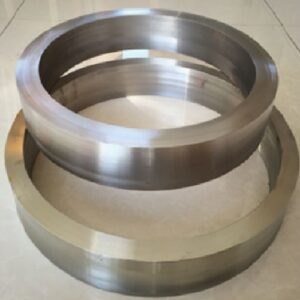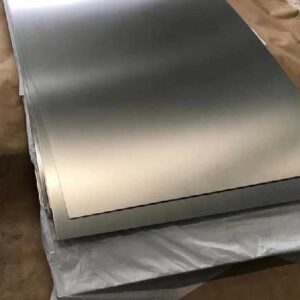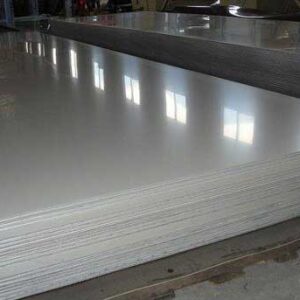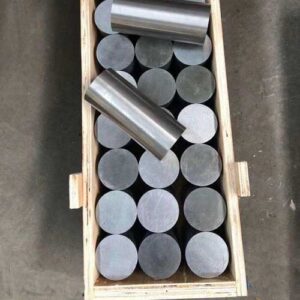Description
Hastelloy B/UNS N10001/MA-B
Material grades and equivalents Hastelloy B/GB NS321/UNS N10001/MA-B
GB NS321 (Hastelloy B/UNS N10001) Chemical compostion:
Alloy |
% |
Ni |
Mo |
Fe |
Cr |
Co |
C |
Mn |
V |
Si |
P |
S |
GB NS321 |
Min. |
Rest |
26 |
4 |
0.2 |
|||||||
Max. |
30 |
6 |
1 |
2.5 |
0.05 |
1 |
0.4 |
1 |
0.04 |
0.03 |
GB NS321 Physical properties:
Density |
9.24g/cm3 |
Melting point |
1330-1380℃ |
GB NS321 Alloy minimum mechanical properties in the room temperature:
Alloy state |
Tensile strengthRm N/mm2 |
Yield strengthRP0.2N/mm2 |
ElongationA5 % |
GB NS321 |
690 |
310 |
40 |
Characteristic:
-
Control of iron and chromium content to a minimum to prevent the generation of β-phase
-
Excellent corrosion resistance of restore
-
An excellent resist to concentration sulfuric acid medium and large number of non-oxidizing acid corrosion.
-
A very good resistance of chloride reduction of stress corrosion cracking (SCC).
-
Good corrosion resistance of various organic acids.
Metallurgical structure:
-
GB NS321 is the face-centered cubic lattice structure. By controlling the content of iron and chromium at the minimum to reduce the processing brittle, prevent Ni4Mo precipitation during 700-870 ℃.
Corrosion resistance:
-
Ni-Mo alloy HY HB, the carbon and silicon content is extremely low, reducing the HAZ carbon and other impurities precipitation, so the weld has sufficient corrosion resistance. Alloy HY HBin the reduction of medium with very good corrosion resistance, such as a various temperature and concentration of hydrochloric acid. In the middle of the concentration of sulfuric acid solution (or contain a certain amount of chloride ions) also has very good corrosion resistance. At the same time can be used to acetic acid and phosphoric acid environment. Alloy material suitable only in the metallurgical structure and pure crystal structure in order to have the best corrosion resistance.
Applied field:
-
GB NS321 Alloy with a wide range of applications in the field of chemical, petrochemical, energy manufacturing and pollution control , particularly in the sulfuric acid, hydrochloric acid, phosphoric acid, acetic acid, and other industries.

